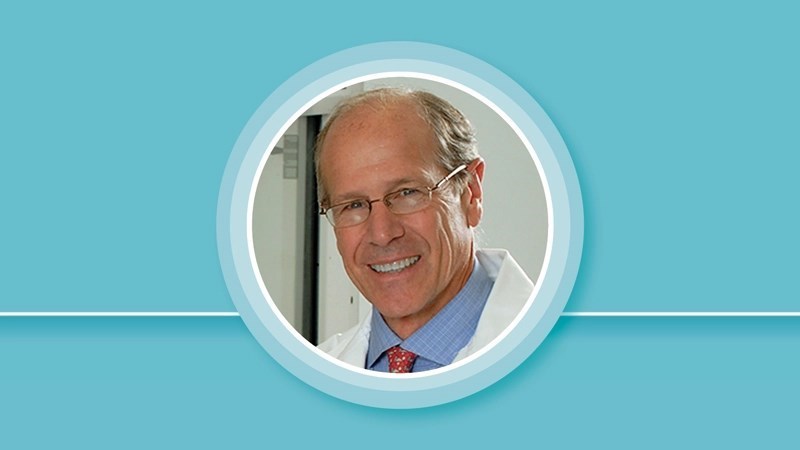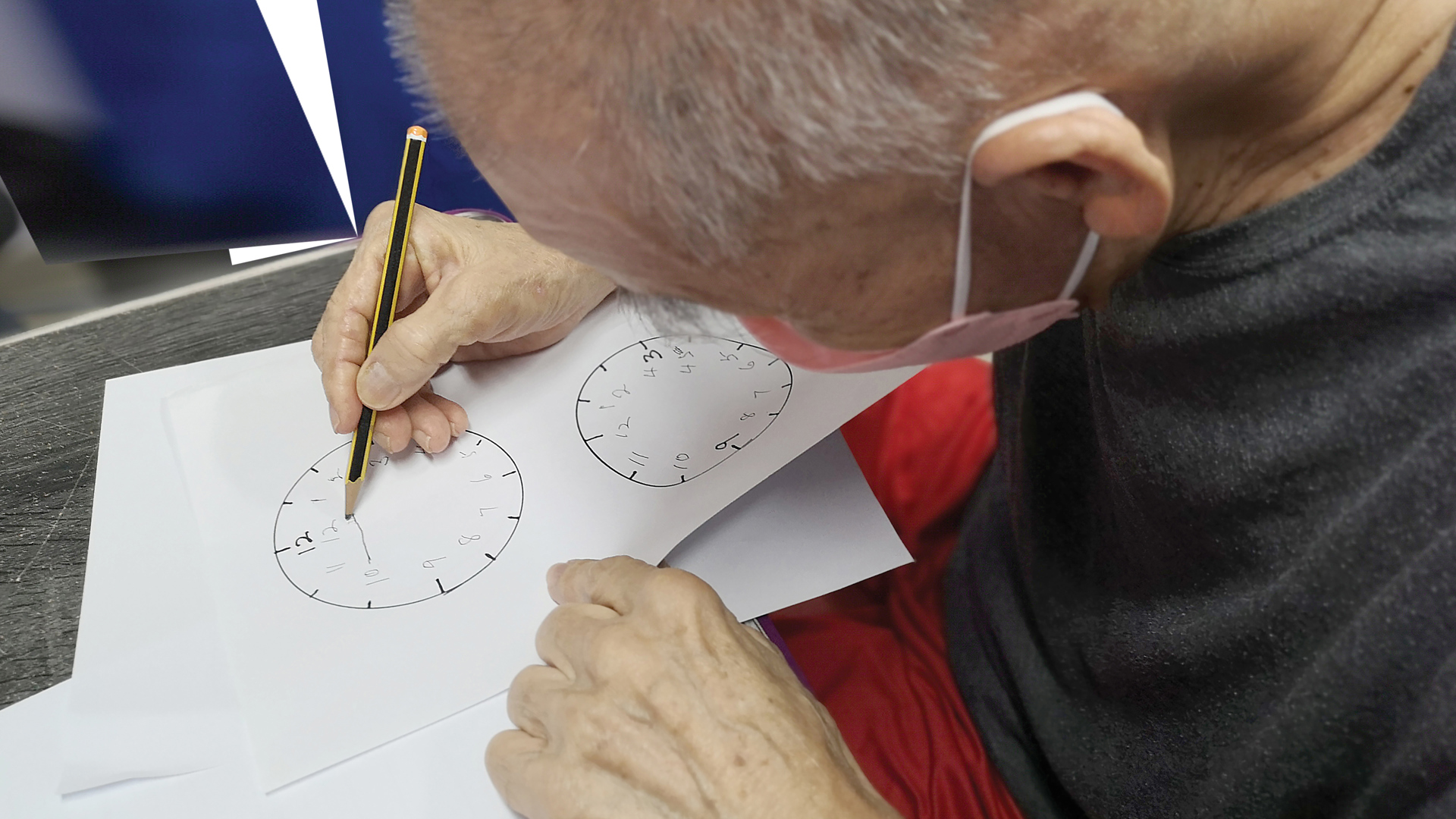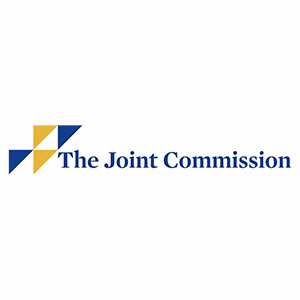Academic Global Surgeon Award
This award honors those surgeons committed to giving back to society by making significant contributions to surgical care through organized educational activities. This award is intended for ACS Fellows in active academic global surgical practice who are committed to applying research, training, and evidence-based advocacy to make significant contributions to surgical education and care in regions of inequities, or retired Fellows who have been involved in academic global surgery during their active practice and into retirement.
This year, the Academic Global Surgeon Award will be presented to James Allen Brown, MD, FACS, a general surgeon in Johns Island, SC, for his nearly 2 decades of work providing surgical education and training to physicians in Cameroon.
During his time as a US Navy surgeon and as a private practitioner, Dr. Brown joined several medical mission trips to Latin America, Asia, and Africa. In 2003, he traveled to Northern Cameroon for 2½ weeks, where he witnessed an overwhelming lack of surgical services and determined that surgical training could assist in addressing these gaps. In 2008, Dr. Brown and his wife moved to Cameroon full time, partnering with the Pan-African Academy of Christian Surgeons (PAACS), a not-for-profit dedicated to high-quality surgical training in Africa.
Dr. Brown’s contributions to academic surgery in Cameroon, through his work at Mbingo Baptist Hospital, have been comprehensive and transformative. Among his achievements, he initiated a Residency Review Committee (RRC) composed of all the PAACS training program directors, the chief hospital administrator, senior nursing supervisor, the head chaplain, and the chief residents from each program.
The RCC served as oversight for planning and policy decisions for the training programs. He opened a seven-bed intensive care unit (ICU) and a four-bed postanaesthesia care unit, where 12 ICU nurses completed their training and began working. In addition, Dr. Brown invited two US perioperative nursing educators to teach a 6-month perioperative nursing course. Before this point, none of the operating room (OR) nurses or surgical technicians had any formal training. Instructors used an OR nurses textbook from the US to teach 3 months of classroom didactics and 3 months of hands-on operating room procedures for 20 nurses and techs. This course revolutionized the OR, and safety, efficiency, and professionalism improved.
Fifty African surgical residents across the continent have received training from Mbingo in Dr. Brown’s tenure, and 20 fully trained surgical graduates from the Mbingo program now work in nine African countries.
In terms of infrastructure and practice, Dr. Brown supervised the construction of a new surgery clinic at Mbingo, which transformed the clinic from a single room with a curtain between two stretchers to seven private exam rooms with a sink, desk, and laptop in each room. He also oversaw an OR expansion, renovating six rooms and adding four more, as well as adding specialized equipment for laparoscopy, ophthalmology, orthopaedics, and pediatric surgery.
This renovation included dramatically expanding storage for OR supplies. Dr. Brown implemented a peritoneal dialysis program for acute renal injury, raising the survival of those patients from zero to 70%, and the program is now taught throughout the region.
Throughout his time in Cameroon, Dr. Brown has advocated for improving surgical resident education. He has partnered with numerous international university programs to establish partnerships to receive residents and faculty for global surgery rotations and research; worked to get hospital accreditation from regional surgical societies such as the College of Surgeons for East, Central, and Southern Africa; and established collaborative relationships with national surgeons, hospitals, and medical schools to share resources, enhance consultations, and provide training.
Even in the face of the ongoing Cameroonian civil war, which has brought active conflict to his immediate area and threats of violence against himself, his wife, and his staff and students, Dr. Brown’s work to train residents and treat patients has continued. Though training has often been interrupted and the surgery volume has dropped, thousands of patients who would not have had access to care have received the care they needed.












